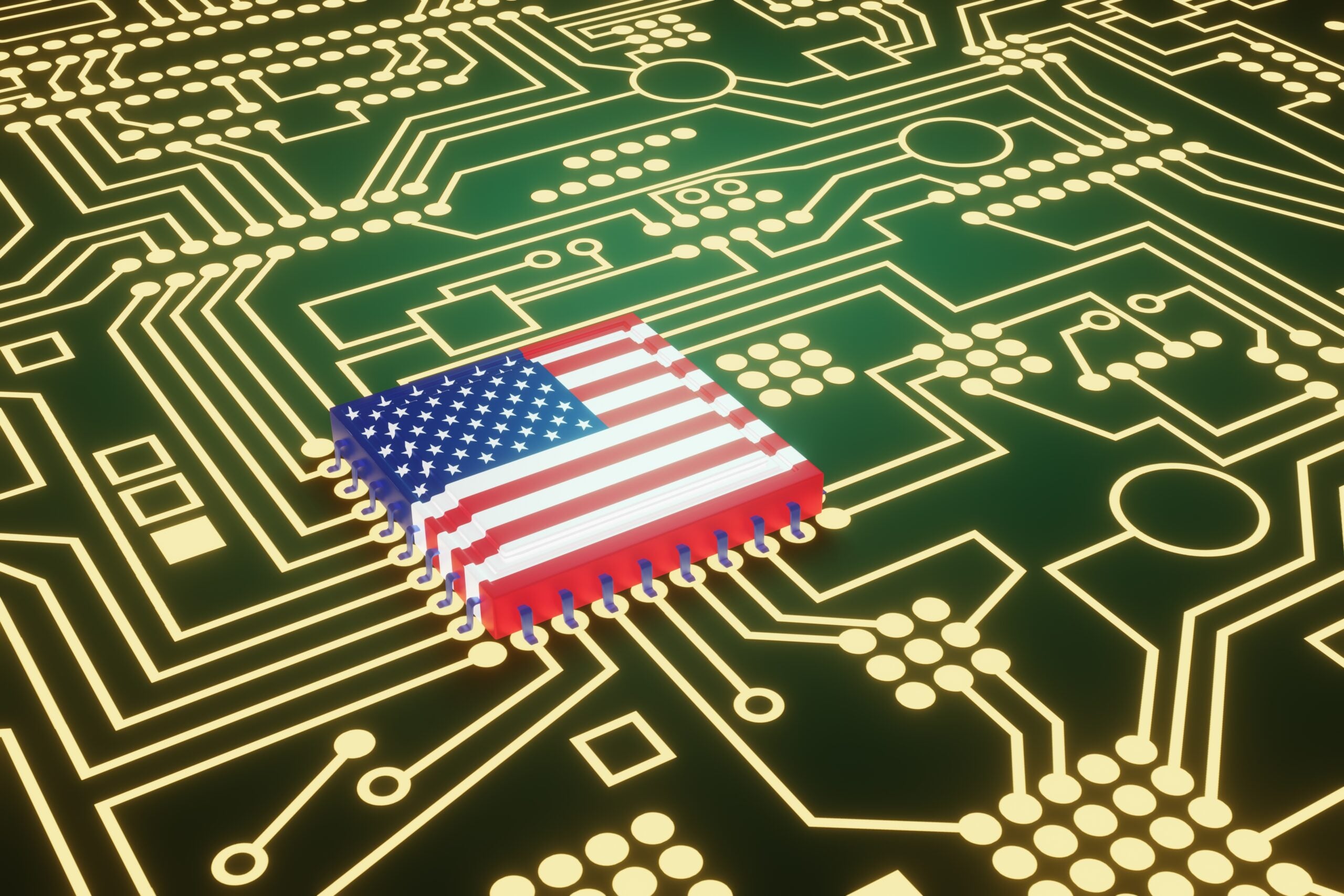
The tech war between Washington and Beijing is heating up after the US government barred chipmakers to operate in China.
The Biden administration has introduced new guidelines for American tech firms and their relationship to China as part of the $50bn CHIPS act, which aims strengthen the US semiconductor industry.

Access deeper industry intelligence
Experience unmatched clarity with a single platform that combines unique data, AI, and human expertise.
The push is part of the law White House signed in August that committed $280bn to high tech manufacturing and scientific research in an effort to bridge the innovation gap between the two superpowers.
The new rules ban US tech firms from working in China for the next decade to protect American national security.
In short, these firms won’t be allowed to invest in China, develop leading tech in the nation or send tech overseas to the country during that period.
US commerce secretary Gina Raimondo said during a White House press briefing that firms receiving funding would only be allowed to expand their mature node factories in China.

US Tariffs are shifting - will you react or anticipate?
Don’t let policy changes catch you off guard. Stay proactive with real-time data and expert analysis.
By GlobalDataRaimondo said the US uses over 25% of the world’s chips but produces none of them. The funding will help the US make its own semiconductors.
“[We] want to build a sufficient and stable supply of mature node semiconductors,” Raimondo said. “We consume 30%, produce 13% We need to fix that.”
The BBC reported that the Chinese Embassy in Washington objected to the semiconductor bill, saying it reminiscent is of a “Cold War mentality.”
Has the US already lost the tech war against China?
The news comes as the US and China are increasingly at odds over technology.
Some market watchers believe that the US has already lost the tech war against China.
Nicolas Chaillan, the former United States Air Force’s first chief software officer, is one of them. In October last year, he said that China is winning the AI race due to the US army’s sluggish digital transformation, private actors’ reluctance to work with the state and too many ethical debates stifling innovation,
“China has had the huge advantage, in stark contrast to the West, of its authoritarian system, a generally accepting and patriotic population when it comes to loss of privacy, and a company sector bound by ‘civil-military’ fusion,” Michael Orme, senior analyst at GlobalData and a China specialist, told Verdict at the time. “All in all, arguably the West has lost its digital sovereignty in AI to China.”
American chip firms NVIDIA and AMD were recently caught between the US and China in a chip export row. The export rules restricted US exports of AI chips to China. These companies would need a new license agreement before selling products to China, as Verdict reported.
The US is not the only country to have a strained tech relationship with China. Verdict previously reported how the UK government has been intervening in more British Chinese tech deals, due to increased concerns for human rights and national security.







